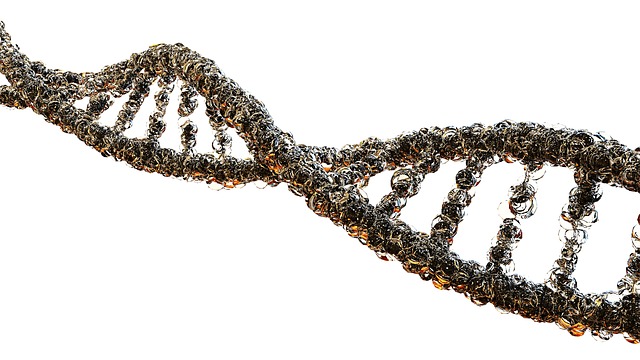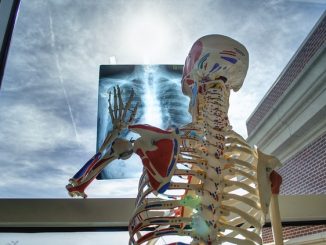
After receiving a gene editing treatment at a hospital in Oakland, California on Nov. 13, Brian Madeux, a 44-year-old man suffering from a rare genetic condition known as Hunter syndrome, may soon be forever free of the previously incurable metabolic disease that causes progressive and permanent damage to the body’s organ function and physical abilities.
Hunter syndrome patients are missing an enzyme that plays a fundamental role in normal cell functions by breaking down mucopolysaccharides, chains of sugar molecules linked by glycosidic bonds and used to build connective tissues. In Madeux’s case, doctors, through a first-of-its-kind therapy have attempted to correct the condition by targeting the deficient gene in his liver-using a genetic tool called zinc finger nucleuses (ZFNs). These artificial restriction enzymes when infused in a person’s blood have the ability to target specific desired DNA sequences. In this case, by cutting a gene that’s present in liver cells, the ZFNs, which editing-wise seem to offer more precision than CRISPR Cas-9, insert a functional copy of the gene that produces the desired protein. The Associated Press described the process as involving the sending of “billions of copies of a corrective gene and a genetic tool to cut [Madeux”s] DNA in a precise spot” into his body.
The enzyme treatment, developed by California-based biotech firm Sangamo Therapeutics as a way to enable Hunter syndrome patients to counteract the disease, represents a major landmark in science.
“For the first time, a patient has received a therapy intended to precisely edit the DNA of cells directly inside the body. We are at the start of a new frontier of genomic medicine,” the company’s President and CEO Dr. Sandy Macrae said in a statement.
Madeux is only the first patient in clinical trials using Sangamo’s ZFN genome editing technology. Two additional clinical trials that use the same liver-targeted genome tech are underway in the U.S. to treat hemophilia B and MPS I, a condition also known as Hurler syndrome. All three diseases are caused by absent or non-functional genes, which can now be inserted into a precise location in the DNA of an organ’s cells thanks to these cutting-edge techniques.
“This is opening up a whole new field of medicine,” Macrae told The Washington Post. “You can imagine all the diseases that now become possible to treat when you can put in a new copy of the gene, or turn it up or turn it down.”
The AP reported that according to Madeux’s physician, Dr. Paul Harmatz, who is also a principal investigator of the genome editing trials, only 1 percent of the patient’s liver cells would need to be corrected in order to successfully treat the condition. In three months, they’ll know for sure whether the approach is working.
It’s worth mentioning, that while the trials are promising, scientists are still not sure of any future consequences. Eric Topol, a geneticist and cardiologist at the Scripps Translational Science Institute, after calling Madeux’s trial “a very important milestone”, spoke cautiously, telling WAPO that “we are in the earliest days” and that patients will have to be rigorously monitored for years for safety.
Macrae himself said, “before we all get overexcited we have to see this first step through.”
Whether Sangamo’s technology is bulletproof in terms of “off-target” edits ; that aspect remains to be seen. In the meantime, the company said that all three of its in vivo genome editing product candidates have received Fast Track and Orphan Drug designations from the FDA.
Scientists hope that one day this first-of-its-kind treatment could be safely applied to numerous other conditions, including the treatment of devastating conditions such as Alzheimer’s, which currently affects more than 5 million Americans.
Disclaimer: This page contains affiliate links. If you choose to make a purchase after clicking a link, we may receive a commission at no additional cost to you. Thank you for your support!




Leave a Reply